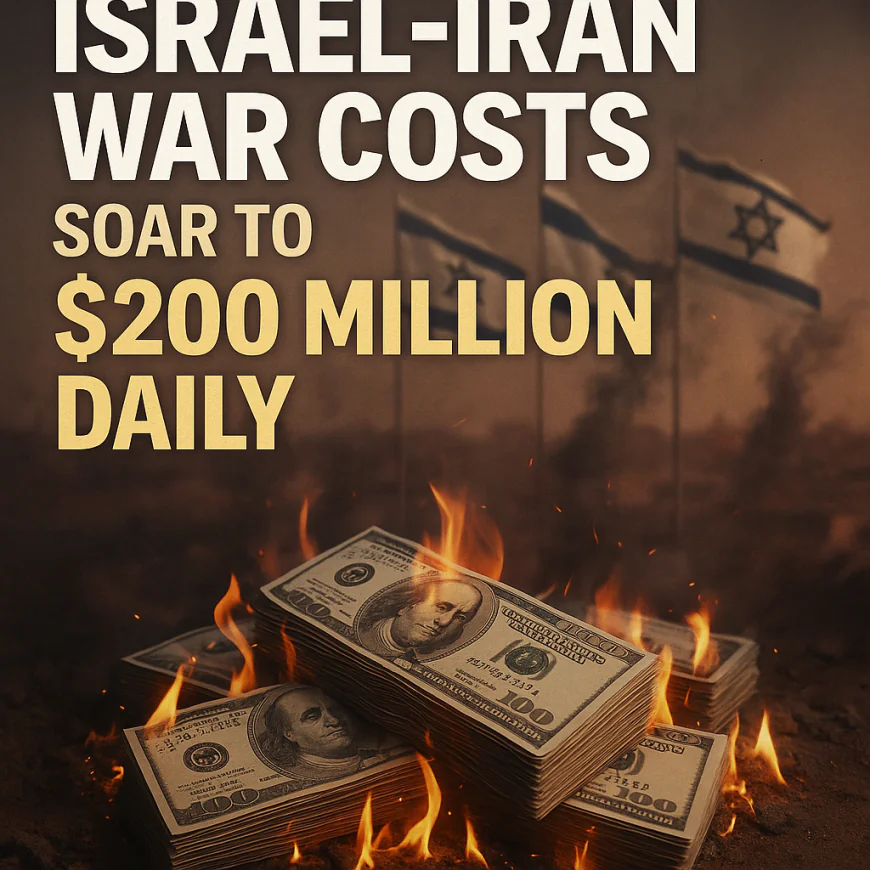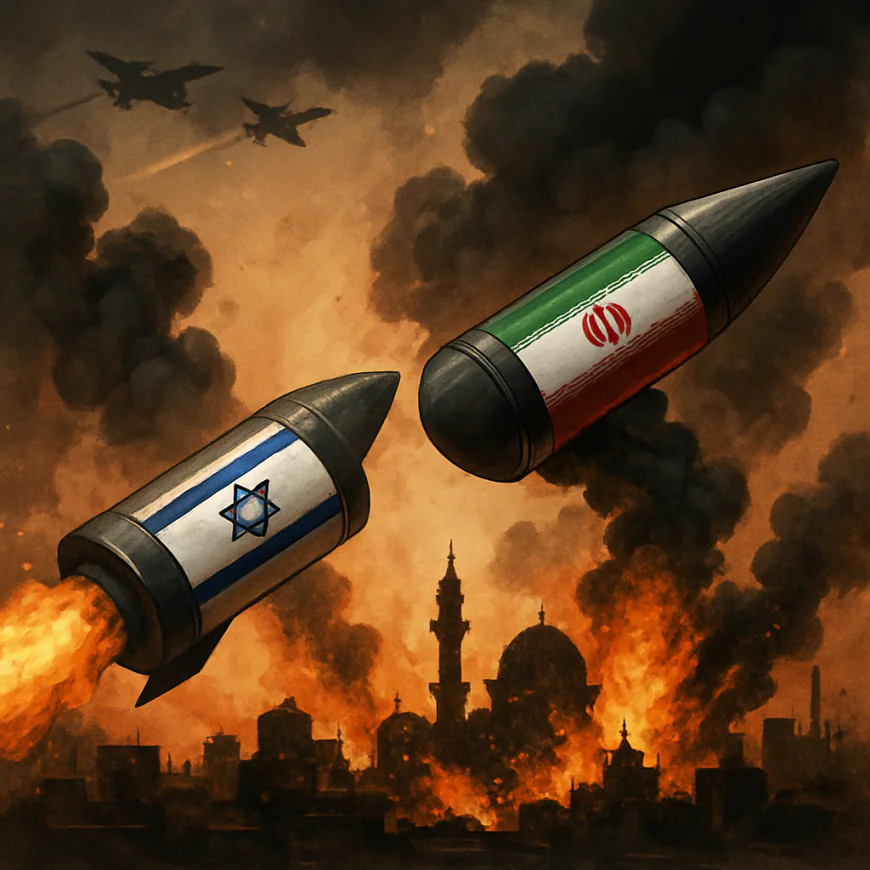Israel-Iran War Costs Soar to $200 Million Daily, Straining National Budget
Israel’s military conflict with Iran is costing up to $200 million per day, fueled by the high price of missile defense systems, long-range airstrikes, and evacuations. Experts warn of severe economic strain if the war drags on.

Israel’s escalating military conflict with Iran is burning through national reserves at an alarming rate, with daily war costs now estimated at $200 million, according to reports from The Wall Street Journal and Israel’s Aaron Institute for Economic Policy.
At the core of this financial burden lies Israel’s heavy use of advanced missile defense systems, including David’s Sling and Arrow 3, which cost between $700,000 to $4 million per interception. These systems have been deployed at scale to repel a barrage of more than 400 Iranian missiles in recent days.
Defense and Offense: A Double-Sided Financial Hit

The cost is not limited to defense. Long-range airstrikes by Israeli F-35 fighter jets flying over 1,000 miles to strike targets deep inside Iran are significantly driving up expenditure. These missions reportedly cost $10,000 per flight hour, excluding high-cost payloads like JDAMs and MK84 bombs.
“This war is far more expensive than Gaza or Hezbollah. The ammunition—defensive and offensive—is the big expense,”
said economist Zvi Eckstein, head of the Aaron Institute.
Economic Pressure Mounts
Despite war-related disruptions, Israel’s financial markets have shown relative stability, with minor fluctuations on key indexes. Still, the on-ground economic toll is rapidly accumulating:
-
Over 5,000 civilians evacuated
-
Hundreds of buildings damaged by missile fragments
-
Reconstruction costs estimated to exceed $400 million
-
Israel’s largest oil refinery temporarily shut down
-
Multiple critical sectors (including logistics and tech manufacturing) experiencing disruptions
Government Stance: No Ceasefire Yet

Prime Minister Benjamin Netanyahu has doubled down on the war aims, insisting that Israel will not consider a ceasefire until Iran’s missile and nuclear capabilities are neutralized.
“If it is a week, it is one thing. If it is two weeks or a month, it is a very different story,”
warned Karnit Flug, former Governor of the Bank of Israel.
She cautioned that a prolonged conflict could severely test Israel’s economic resilience, potentially triggering budget reallocation and long-term fiscal strain.
Conclusion: Costly Calculations Ahead
As Israel’s military confronts Iran across land, sea, and cyberspace, the financial fallout continues to escalate. With every day of combat adding hundreds of millions in cost — and no diplomatic breakthrough yet in sight — economists and defense analysts agree: time is money, and both are running out.
Credit: The Wall Street Journal


